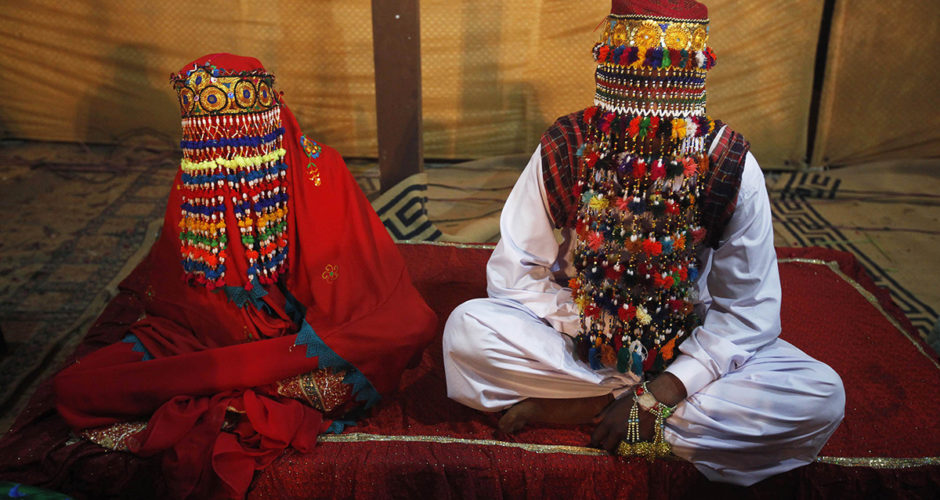Since the formation of Pakistan, this is the first law that has been passed to safeguard the rights of Hindus. 18 is the minimum age fixed by the bill adopted by Sindh.
To allow the minority community to get their marriage registered, Sindh has become the first province in Pakistan to adopt the Hindu Marriage Bill. Since the formation of Pakistan, this is the first law that has been passed to safeguard the rights of Hindus. Hindu community in Pakistan is the second largest minority community in the country.
Here is all about the Hindu Marriage Bill adopted by Sindh:
- 18 is the minimum age fixed by the bill adopted in Sindh, Pakistan
- The bill adopted in Sindh says that it is mandatory that a marriage is solemnised after the consent of both male and female
- At the time of the solemnisation and registration of the marriage, it is necessary to have at least two witnesses present
- According to the bill, every marriage being solemnised under this act will be registered with the union council/ward within 45 days of the solemnisation
- Failing to get the marriage registered will be liable to pay a fine of Rs. 1,000/-
- According to the patron in-chief of the Pakistan Hindu Council (PHC), the clause 12(iii) of the Hindu Marriage Bill can be used for forced conversions of Hindu girls and women
- Any marriage will be liable to termination if either spouse converts to another religion
- In the draft bill, one of the clauses says that a marriage will be considered invalid if one of the partners converts to another religion. This has been opposed by the PHC.
Here is all you would like to know about the Hindu Marriage Bill:
- As part of the Hindu Code Bill, the Hindu Marriage Act was enacted in 1955 by the Parliament of India
- The main purpose of the presentation was to alter and organise the law relating to marriage among Hindus and others
- The bill extends to the whole of India, except the State of Jammu and Kashmir
- It extends to any person who is a Hindu by religion such as Virashaiva, a Lingayat or a follower of the Brahmo, Prarthana or Arya Samaj, and a Buddhist, Jain or Sikh by religion
- The condition for a Hindu Marriage says that “a marriage may be solemnised between any two Hindus, if (i) neither party has a spouse living at the time of the marriage; (ii) at the time of the marriage; neither party (a) is incapable of giving a valid consent of it in consequence of unsoundness of mind; or (b) though capable of giving a valid consent, has been suffering from mental disorder of such a kind or to such an extent as to be unfit for marriage and the procreation of children; or (c) has been subject to recurrent attacks of insanity or epilepsy; (iii) the bridegroom has completed the age of 21 years and the bride the age of 18 years at the time of the marriage; and (iv) the parties are not within the degrees of prohibited relationship unless the custom or usage governing each of them permits of a marriage between the two.”
- The guardianship for marriage was cancelled in 1978 after the Child Marriage Restraint Amendment was passed, which increased the minimum age requirement for marriage in order to prevent child marriages
- The Supreme Court of India, under Article 142 of the Constitution of India, ruled in 2012 that marriages can be ended by mutual consent before expiry of the cooling period of six months.
INDIA TODAY






























